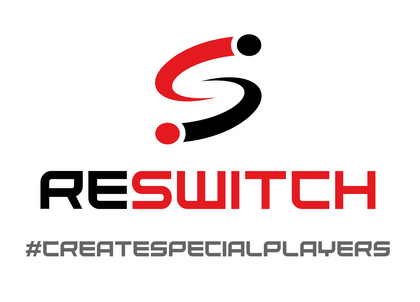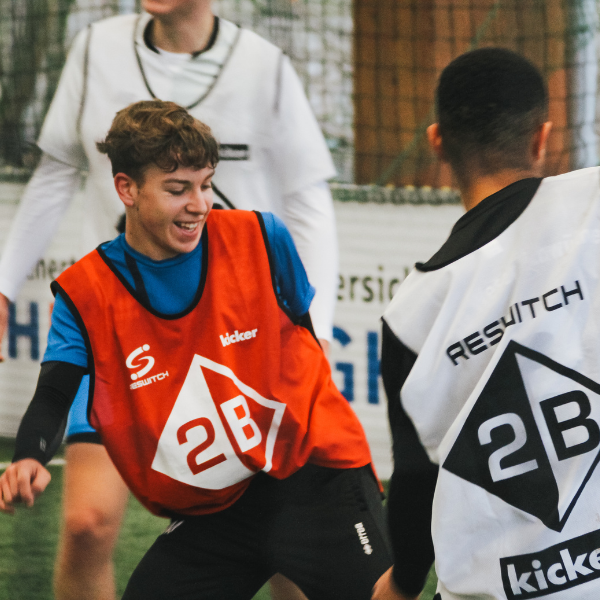Training philosophy

In football, a clearly defined training philosophy is key to success. It serves as a compass for all training decisions and ensures that player development is in line with the coach's values and goals. This article explains how coaches can develop their own training philosophy, align it with their values, continually review it and ensure that it is always focused on player development.
1. Introduction:
As a football coach, it is important to have a clear vision of how you want to play the game and develop players. This philosophy should form the basis for all training decisions and ensure that all aspects of training are connected.
2. Developing a training philosophy:
The first step to developing your own training philosophy is self-reflection. Coaches should ask themselves what values are important to them and how they want to express these values in football. What is important to them in the game? How do they want to develop their players?
3. Inspiration through role models and personal experiences:
It can be helpful to be inspired by other coaches you admire, but you should also consider your own experiences as a player and coach and develop a philosophy that suits your personality and strengths. It also involves recognizing what you don't want in training and in dealing with your team.
4. The most important pillars of the training philosophy:
A well thought out training philosophy should include the following points:
- Game philosophy: How should the team play? What game principles should be followed?
- Player development: How should the players be developed in the various areas (technique, tactics, athleticism, mentality)?
- Training methods: What training methods and exercises are used to achieve the goals of the training philosophy?
- Team leadership: How is the team led and how is a positive and productive training climate created?
5. Align your philosophy with your values:
It is important that the training philosophy is consistent with the trainer's own values. If a trainer values fairness and respect, this should also be evident in his training style. Conversely, a training philosophy that does not align with one's own values can lead to inner conflict and dissatisfaction.
6. Continuous review and adjustment:
A training philosophy is not a rigid construct, but should be developed over time and adapted to the needs of the players and the circumstances. Coaches should regularly reflect on their philosophy and make adjustments if necessary.
7. Player development as the primary goal:
Regardless of the individual content and characteristics, player development should always be at the heart of the training philosophy. The goal of every coach should be to make his players better footballers and people.
Conclusion:
Developing your own training philosophy is an important process for every football coach. It helps to define your own values and goals, structure your training work and develop your players in the best possible way.
What else interests you? Take a look at the blog .




